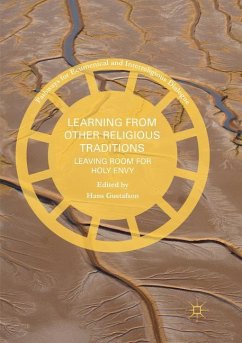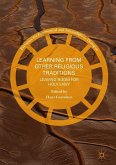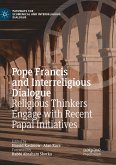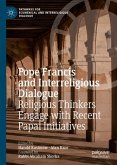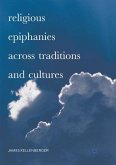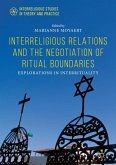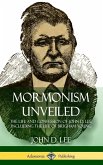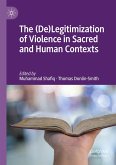This book brings together academic scholars from across various religious traditions to reflect on the beauty they find in traditions other than their own. They examine these aspects and reflect on how they inform and constructively assist with rethinking their own religious worldviews and practices. Each scholar investigates the various implications, questions, insights, and challenges that are generated in the process of doing so. Traditions discussed include Ásatrú Heathenism, Buddhism, Catholicism, Evangelical Christianity, Hinduism, Islam, Judaism, LDS Mormon Christianity, Lutheranism, Presbyterianism, Sikhism, Sufism, Western Buddhism, and Zen Mahayana Buddhism. Instead of focusing only or primarily on the theory and practice of interreligious dialogue, this book presents living examples of learning from other religious traditions, identities, and persons.
"I recommend the book for graduate courses in religious studies, theology, and pastoral ministry, all of whom may benefit from engagement with dimensions of the book. It also speaks to the growing consensus that theological reflections on interreligious themes be grounded in friendship, history, and practice, rather than abstract discussions of truth." (Erik Ranstrom, Journal of Hindu-Christian Studies, Vol. 33 (1), 2020)

